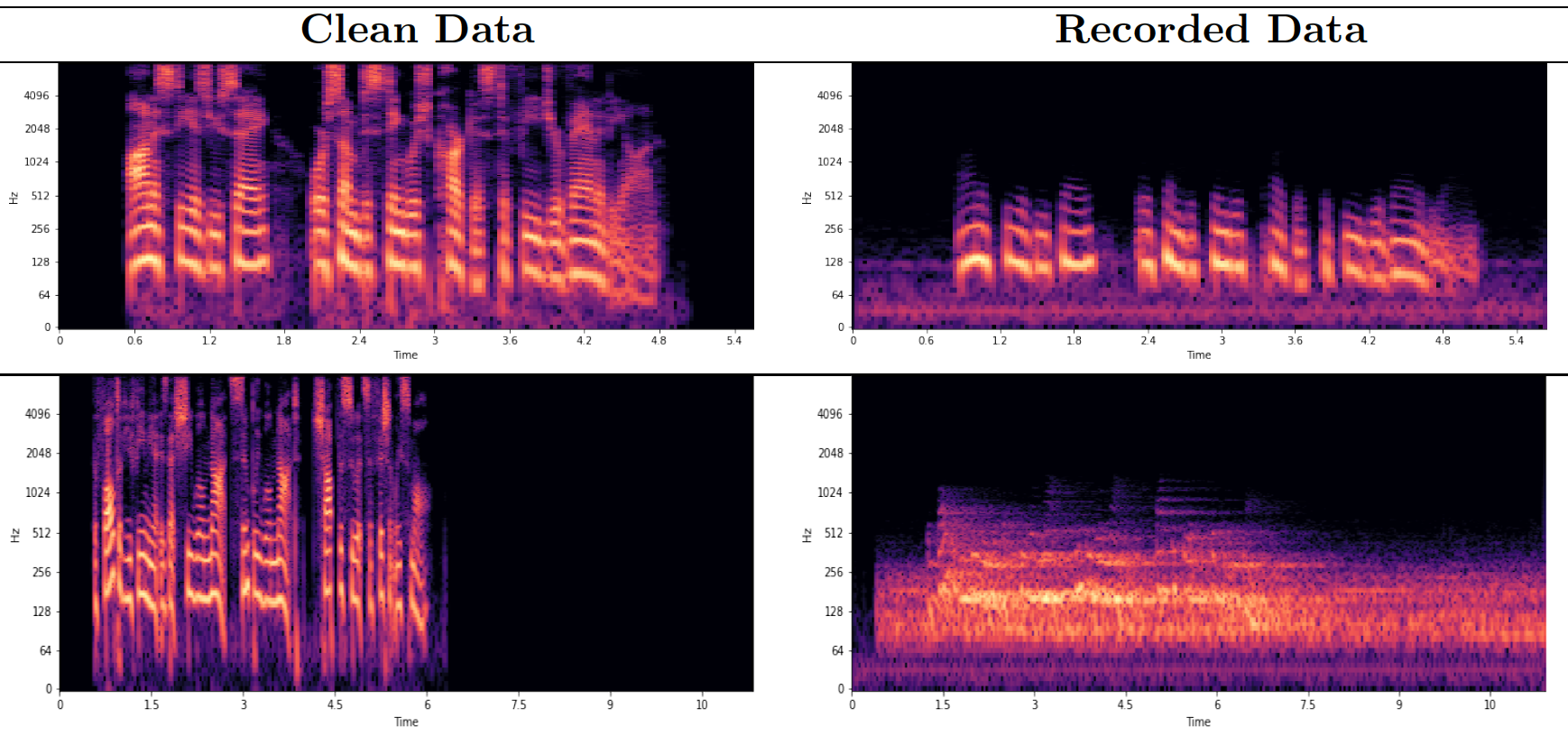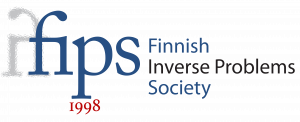What is speech enhancement and the challenge we pose?
Speech enhancement encompasses processes like denoising and defiltering to improve speech quality and intelligibility by reducing noise and filtering from recorded speech signals. It involves the extraction of clean speech from noisy and filtered mixtures, which are typically modeled as the sum of the desired speech, noise, and often a convolution with room impulse responses. This task is crucial in fields such as telecommunications, hearing aids, and automated speech recognition systems, where background conditions can significantly impair the signal.
Enhancement of speech is a challenging task because it is an ill-posed inverse problem, meaning there is no unique solution and small changes in the input can result in large variations in the output. The difficulty lies in accurately distinguishing between the speech, noise and filtering components, especially when they overlap in frequency and time. Also the characteristics of the noise can vary widely, requiring more adaptive and robust enhancement techniques. Additionally the enhancement process should preserve the naturalness and intelligibility of the speech while removing the noise and filtering, which is a delicate balance to achieve.
The HSC2024 real-world paired data is specifically created to approach this problem. We created two experimental setups to capture real-world filtered and reverberated audio. We hope that this data will be useful for research in the fields of speech enhancement and inverse problems beyond this challenge.

In a data challenge it is important to have an objective and quantitative measure for reconstruction quality. We use the Mozilla DeepSpeech model for for speech recognition in combination with the Character Error Rate (CER) to measure the results of the competitors.
Organising Committee
- Martin Ludvigsen, Norwegian University of Science and Technology
- Elli Karvonen, University of Helsinki
- Markus Juvonen, University of Helsinki
- Samuli Siltanen, University of Helsinki
Previous Challenges
This is the fourth consecutive year that the Finnish Inverse Problems Society has hosted an open data challenge. You can find information on the previous challenges here: https://fips.fi/challenges

